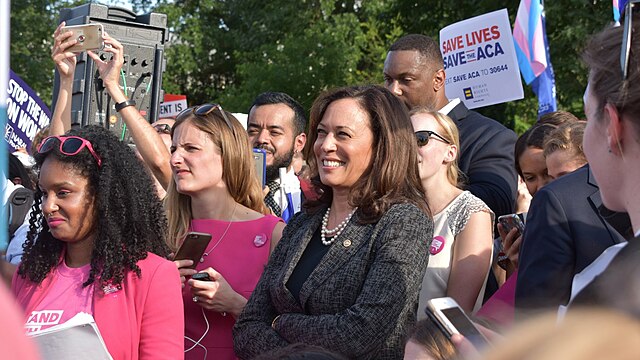The word is “hen,” and it could mean a big change for the gender binary.
According to the Swedish Academy, Sweden’s gender-neutral pronoun is getting incorporated into the dictionary.
Finally, those removed from the gender binary will be acknowledged.
“This is a move that gives the word a certain legitimacy and recognizes a need for a gender-neutral pronoun,” said junior English major Laura Todd in an email interview. “Languages change over time to accommodate the needs of speakers.”
This is an incredible step for non-gender- conforming persons, though it isn’t entirely unexpected.
“Swedish society is very mindful toward the needs of its citizens,” said Assistant Director of Study Abroad Daniel Diaz.
Diaz studied abroad in Sweden in 2003.
“Sweden has, for a long time, been extending liberties to different genders,” said Diaz. “This has been a movement in Sweden.”
Though “hen” has been around as a gender-neutral pronoun since at least 2012 according to Newsweek, the move to the dictionary means that Sweden as a country is breaking out of a restrictive gender binary.
“We don’t have to follow dictionaries as if they’re some ultimate authority, but … it’s cool,” said Visiting Instructor of English Rod Spellman.
This is something we aren’t even close to accomplishing in the United States.
“It’s not even considered,” said sophomore Taylor Brown. “We’ve taken steps to (acknowledge the queer community), but we’re not ready to accept more than two binary genders.”
Merriam-Webster Dictionary defines “they,” one of the most common gender-neutral pronouns in the U.S., as an acceptable singular pronoun.
At the same time, those who use it as a gender-neutral pronoun are often told they’re wrong.
“People don’t want to have to accept grammatically or socially that transgender and non-binary people exist,” said first-year Aron Correa.
Though “they” and “them” are the most commonly used gender-neutral pronouns, others include “zie” and “ey.”
“People are using those gender-neutral pronouns,” said Diaz. “You do find people who are starting to be very conscious in their writing and speaking, (but) it will take more time.”
Because the gender binary is so ingrained in U.S. culture, it is hard for some to acknowledge that their idea of gender isn’t the only one.
Like in Sweden, there is need in the U.S. for gender-neutral pronouns.
“It’s just going to make a lot of people way more comfortable,” said Correa. “No one can say, ‘Oh, you can’t have that as a pronoun.’”
Different pronouns ultimately have different connotations.
“Using a pronoun like ‘they’ means that I am open to the idea that gender is not solidly set and that I respect someone’s choice not to be defined as one of the two binary genders,” said Todd.
“‘He’ and ‘she’ carry baggage. ‘They’ also carries baggage but of a different sort. The language we use is a powerful way to declare what we believe to be true.”






